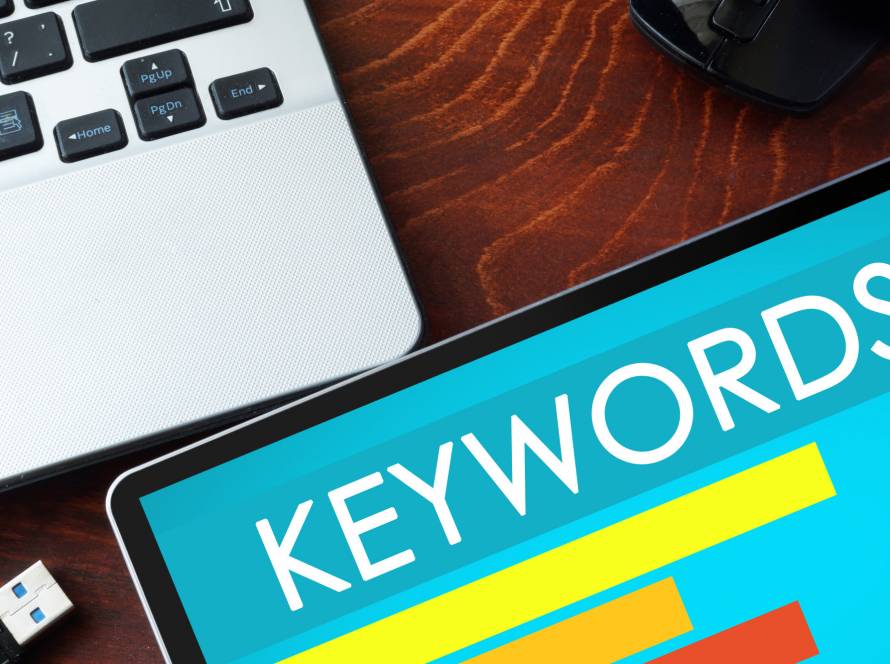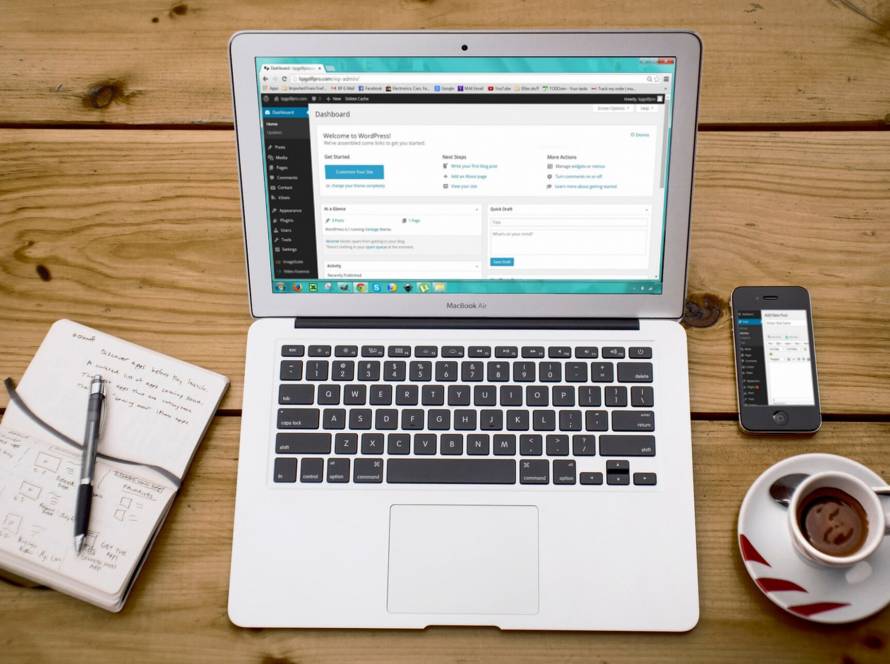If you want to get traffic to your website and rank well, then you need a website that is in Google’s good graces. Google changes its algorithm regularly, but certain activities almost guarantee Google penalties.
You want to avoid these at all costs. Being penalized by Google can lead to a drastic drop in overall rankings or your website being delisted from Google altogether. It’s difficult to build your site back up after a Google penalty, so use these tips to avoid them altogether.
Good google rankings mean higher profits and more qualified traffic to your website.
1. Keyword Stuffing Leads to Google Penalties
Keywords are an important part of ranking well on Google. Google bots use keywords to determine your site’s viability for specific search queries. If you try and stuff your website with keywords without having the content to go with it, then Google assumes you’re trying to trick it.
Keyword stuffing is the act of overloading your site with keywords in the hopes Google notices. That may have worked a long time ago, but modern websites need to use keywords sparingly and with context. Google penalizes your site for keyword stuffing and drops your rankings.
2. Create Natural Links
Backlinks are links on other websites that link back to your website. This is a sign to Google that your site has trusted content that others want their visitors to see. It shows you as an authority in your business niche.
There was a time when buying links from various link farms could help with ranking, but Google quickly put a stop to that. Google wants natural links based on the quality of your content. If you buy links, then they’ll likely penalize your site for having toxic backlinks.
Instead, try to contact sites that are within your business niche and have good domain authority. Guest posting is a great way to earn backlinks but choose the websites carefully.
3. Remove Toxic Backlinks
There are three types of backlinks: good, average, and toxic. Good backlinks lead to rank improvement. Average links aren’t good or bad. Toxic links lower your ranking.
While you can’t remove the links from the site, you can disavow them, so Google doesn’t count them for backlinks. You can get a list of your backlinks from Google Search Console, or many SEO programs provide backlink ranking so you know what links are toxic.
4. Don’t Use Thin Content
Google wants sites that provide information to their visitors such as blog posts, etc. The more in-depth the information, the more Google sees you as an expert. If you don’t have much content or the content isn’t long or provides good information, then Google doesn’t see your site as worth ranking well.
Good content not only helps with Google, but it helps with customer leads and conversions as well.
5. Don’t Steal Content
The content on your site is vital to ranking, but if it’s taken from another site, then Google will penalize you. If large portions of your content are the same as another site, then it’s considered duplicate content.
Also, if several sections of your own site have the same content as others on your site, then that’s duplicate content as well. Google doesn’t like duplicate content and will penalize your site because it doesn’t consider it valuable.
6. Use Outbound Links
Outbound links are links on your site that go to other websites. It creates a backlink to other sites. Why would you want that? A website that is strong enough in its expertise and authority wants to provide the best information to its visitors even if it is from another site.
The links should be to high-authority websites with good content. The links shouldn’t all go to the same site or else it looks like your link spamming.
Blogs are the best place to include outbound links.
7. Did Your Website Get Hacked?
Hackers are hitting thousands of sites every day and placing lewd content or links to other websites to drive traffic to them. If your site is hacked and Google notices before you do, then it may de-list your site or those pages.
It’s important to go over your site regularly to check for malicious links and code. It can take several months to recover from a Google penalty related to a hacked website because you have to prove to Google that it’s no longer hacked.
Google is in no hurry to re-list your site, so avoid it if possible.
8. Don’t Forget User Experience
In addition to great content, Google wants your site to be easy to navigate on mobile and desktop. If your website is clunky and doesn’t look good on mobile, then the search engine penalizes you. User experience is an important ranking factor, so keep your site mobile-friendly and easy to use.
If your site is hard to use, then visitors won’t use it. Google won’t rank websites well that people don’t want to use. The fonts should be easy to read, menus easy to navigate, and pages should look good regardless of the screen size.
9. Content Is More Important Than Ads
Ads on a website are one way for them to make money. When people click on the ads and visit the site, your website gets a little cash. It isn’t much, but it adds up quickly on high-traffic sites.
The problem is when sites place ads above content in priority. Sites that are heavy with ads, pop-ups, etc. are more of a nuisance to visitors. Google penalizes websites because of the nuisance factor.
Content drives traffic, so focus on that and use ads sparingly on your pages. You shouldn’t use pop-up ads at all.
Optimize for Google
Google is the most powerful search engine available. Google penalties have led to significant drops in revenues and take weeks or even months to straighten out. It’s important to prioritize optimization and backlinks to improve rankings.
If you want to learn more about backlinks and guest posting, then sign up for our services.



